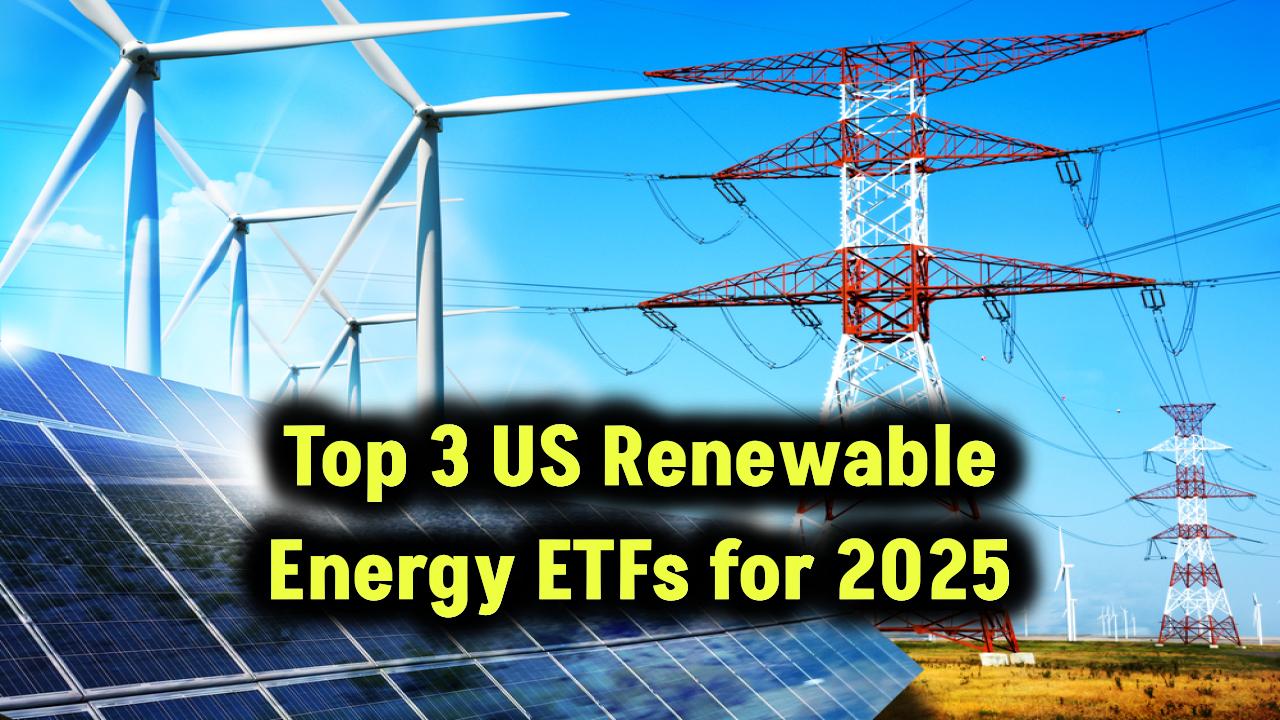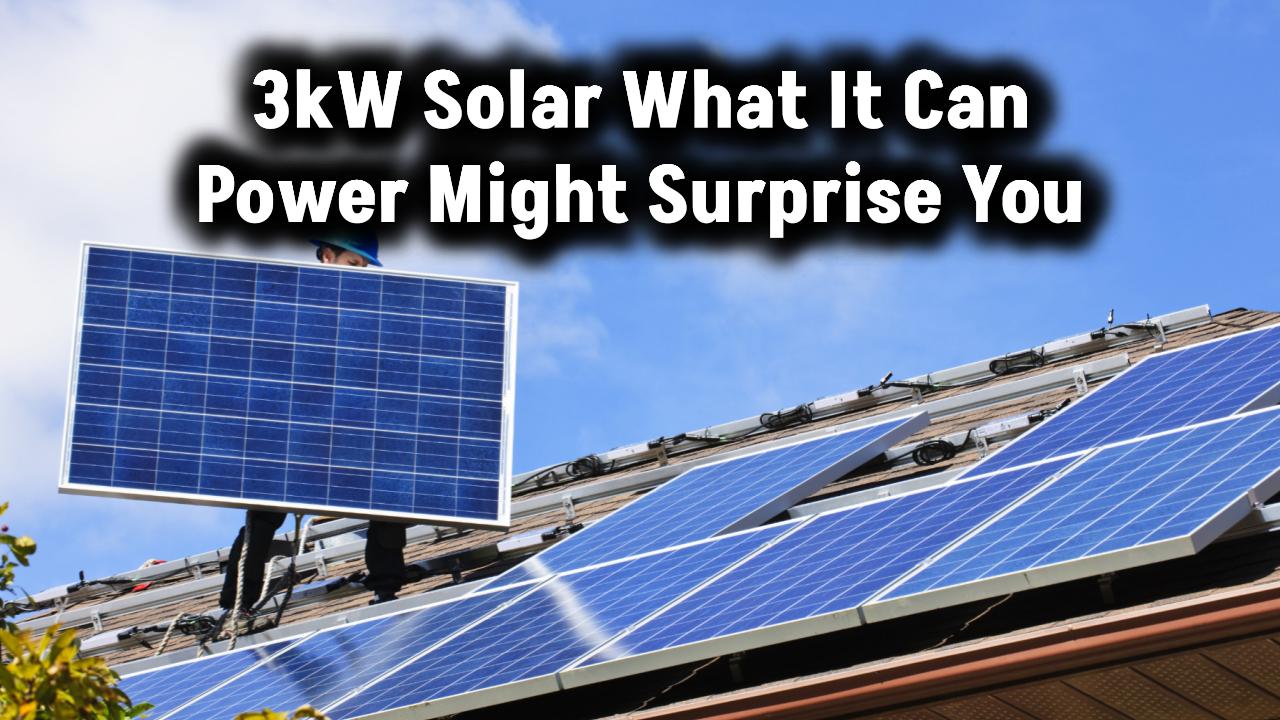
In 2025, the global solar energy sector is evolving at lightning speed, powered by cutting-edge technologies and a new wave of innovative startups. As the world races toward net-zero emissions, solar power startups are playing a crucial role in reshaping how we generate, store, and use renewable energy.
This article dives into five international solar startups worth watching in 2025, spanning continents and technologies—from space-based solar solutions to AI-powered construction platforms. Whether you’re a green energy enthusiast, an investor, or a student curious about clean tech, these companies offer a glimpse into the exciting future of solar energy.
Key Highlights
| Startup Name | Country | Focus Area | Key Innovation | Official Website |
|---|---|---|---|---|
| Enpal | Germany | Residential solar leasing | Solar panel subscription with no upfront cost | enpal.de |
| Oxford Photovoltaics | United Kingdom | Perovskite solar cells | World-record 26.9% residential solar efficiency | oxfordpv.com |
| Exowatt | United States | Modular thermal energy storage | Solar-to-heat-to-electricity for data centers | exowatt.com |
| Aetherflux | United States | Space-based solar power | Satellites beaming solar power to Earth using IR lasers | aetherflux.io |
| Terabase Energy | United States | Utility-scale solar farm automation | Robotics + AI for faster, cheaper solar project deployment | terabase.energy |
Why International Solar Startups Matter in 2025
In the past decade, solar energy has shifted from a niche to a mainstream power source, now accounting for over 4.5% of global electricity generation according to the International Energy Agency (IEA). But to meet global climate goals, we need more than just big solar farms.
Enter startups. These agile companies can develop and scale transformational technologies faster than legacy giants. From advanced materials to innovative financing, startups bring flexibility, creativity, and urgency to the solar revolution.
The Rise of Regional Innovation
Governments across Europe, North America, and Asia are offering billions in incentives through policies like the U.S. Inflation Reduction Act and the EU’s Green Deal Industrial Plan. These funds are fueling R&D and creating a fertile environment for startups to thrive and scale.
Real-World Applications: Solar for All
International startups aren’t just building solutions for wealthy markets. Many are creating accessible solar products for underserved regions:
- Microgrid technology for rural Africa
- Portable solar lanterns in Southeast Asia
- Pay-as-you-go solar kits in India
This combination of social impact and technological innovation makes solar startups essential to inclusive global energy development.
1. Enpal (Germany)
Founded: 2017
Location: Berlin, Germany
What Makes Enpal Special? Enpal is revolutionizing solar adoption by offering homeowners a solar-as-a-service model. Instead of purchasing panels outright, customers can lease them on a monthly plan with zero upfront costs. Installation, maintenance, and upgrades are all included.
This approach has helped Enpal grow to over 70,000 residential customers and attract investment from firms like SoftBank. As the largest solar leasing provider in Germany, Enpal is eyeing international expansion.
Why Watch It?
- Removes financial barriers to solar
- Fully digital, AI-driven sales and installation
- Strong growth in the European residential market
2. Oxford Photovoltaics (UK)
Founded: 2010
Location: Oxford, United Kingdom
Core Innovation: Perovskite tandem solar cells
Oxford PV is the world leader in perovskite-based solar technology, offering unmatched efficiency in solar panel design. In 2024, their solar cell technology hit 26.9% efficiency, compared to the typical 20-22% in standard panels.
Perovskite technology allows layering materials to harvest more sunlight, increasing power output without increasing panel size—a game-changer for residential rooftops and limited-space applications.
Why Watch It?
- Cutting-edge research from Oxford University
- Efficiency gains could reshape solar economics
- Backed by major investors including Meyer Burger
3. Exowatt (USA)
Founded: 2023
Location: San Jose, California
Focus: Modular thermal energy systems
Exowatt is targeting a new but growing segment: solar-powered data centers. Their product, Exowatt P3, captures solar energy, converts it into heat, stores it in insulated tanks, and later converts it into electricity on demand.
This makes Exowatt ideal for tech companies looking to decarbonize high-energy operations like cloud computing and AI workloads. The modular nature of their tech also makes it scalable and portable.
Why Watch It?
- Focus on sustainable computing
- Game-changing approach to solar energy storage
- High-profile partnerships in Silicon Valley
4. Aetherflux (USA)
Founded: 2022
Location: San Francisco, California
What They Do: Space-based solar power
Aetherflux is working on one of the boldest solar innovations in decades: collecting solar power in orbit and transmitting it to Earth using infrared laser beams. Space-based solar panels can collect more sunlight without weather or night-time disruption.
Though still in R&D, this startup has caught the attention of both NASA and venture capitalists, and it could potentially solve the intermittency issue that plagues terrestrial solar.
Why Watch It?
- Truly disruptive concept with global energy implications
- Breakthroughs in laser transmission tech
- Founders have deep aerospace and energy expertise
5. Terabase Energy (USA)
Founded: 2019
Location: Berkeley, California
What Makes Them Unique? Terabase is digitizing and automating the solar farm construction process. Their AI-driven software and robotic field deployment system slash both time and cost of building utility-scale solar plants.
With recent funding from Breakthrough Energy Ventures and SoftBank, they are ramping up deployments in North America, the Middle East, and Australia.
Why Watch It?
- Solves workforce bottlenecks in solar construction
- Huge efficiency gains for solar megaprojects
- AI + robotics lead to faster ROI
How to Evaluate a Solar Startup
If you’re an investor or clean energy professional, here are some metrics and tips to assess solar startups:
- Technology Readiness: Is their tech already deployed or still in labs?
- Scalability: Can it be applied globally or only in niche markets?
- Carbon Impact: Will it significantly reduce emissions?
- Funding: Who’s backing them? Look for smart money (e.g., Breakthrough Energy, SoftBank)
- Team: Are the founders experienced in energy, tech, or operations?
Bonus Tip for Job Seekers:
Many of these startups are hiring engineers, designers, and sustainability experts. If you’re looking to get into the green tech space, these companies can offer fast-paced careers with a real impact.
NTPC Green Energy Shares Decline Over 1 Percent: Key Factors Behind the Drop
Get Paid to Go Solar? Here’s What the US Government Is Offering in Solar Panel Incentives
5 Genius Solar Hacks That Could Slash Your Electricity Bill Forever
(FAQs)
Q1: What is the most promising solar technology in 2025?
A: Perovskite solar cells, pioneered by Oxford PV, are widely regarded as the future due to their high efficiency and scalability.
Q2: Can I invest in these solar startups as a retail investor?
A: Some, like Enpal or Oxford PV, may not be public yet, but you can invest indirectly via VC-backed ETFs or green energy mutual funds.
Q3: Are space-based solar startups realistic?
A: While still experimental, companies like Aetherflux are making significant progress, backed by aerospace experts and new tech in laser transmission.
Q4: Which solar startup is best for homeowners?
A: Enpal is designed specifically for homeowners who want solar with zero upfront cost and low commitment.
Q5: How does AI help in solar farm construction?
A: Terabase Energy uses AI to design optimal layouts and robotics for automated installation, reducing time and human error.









